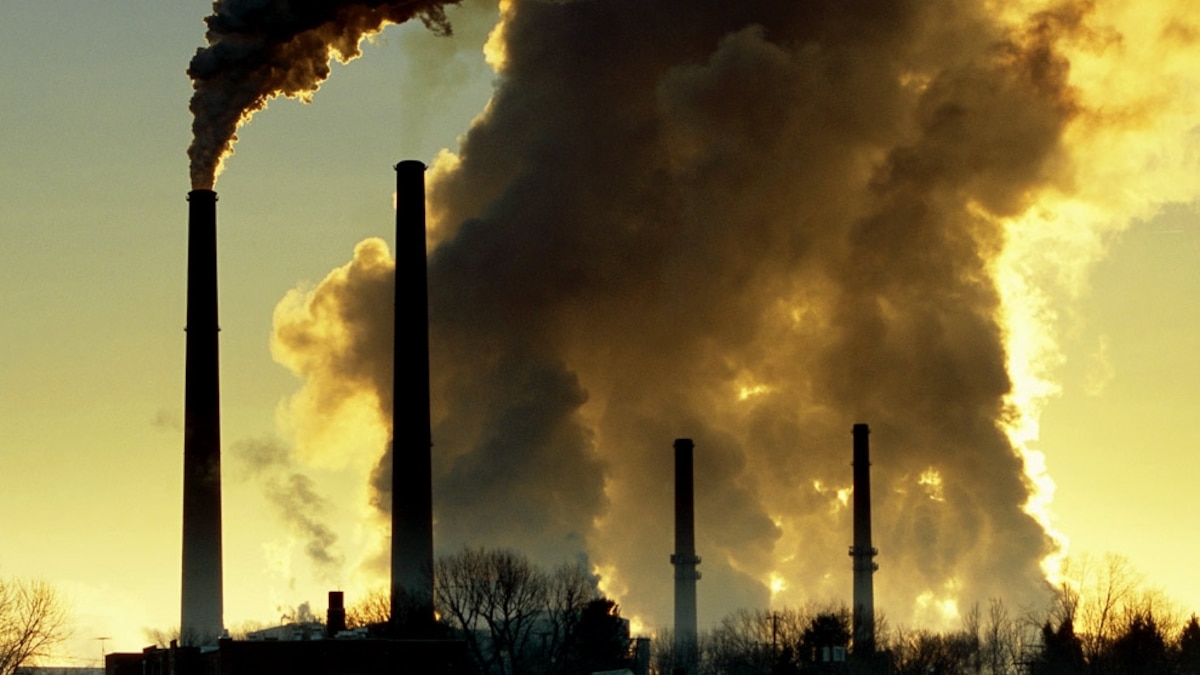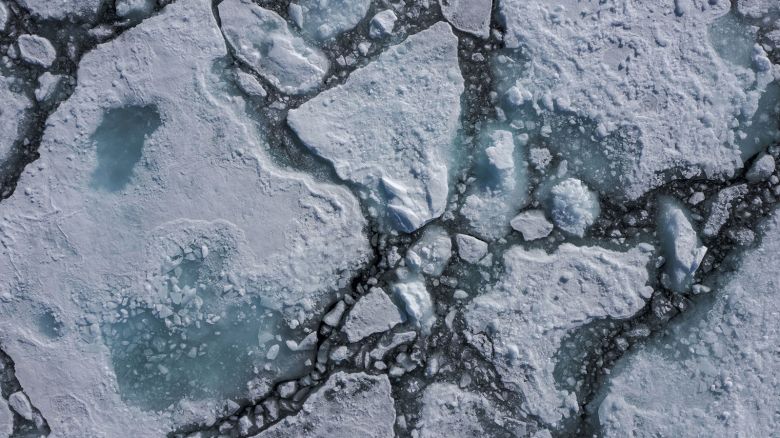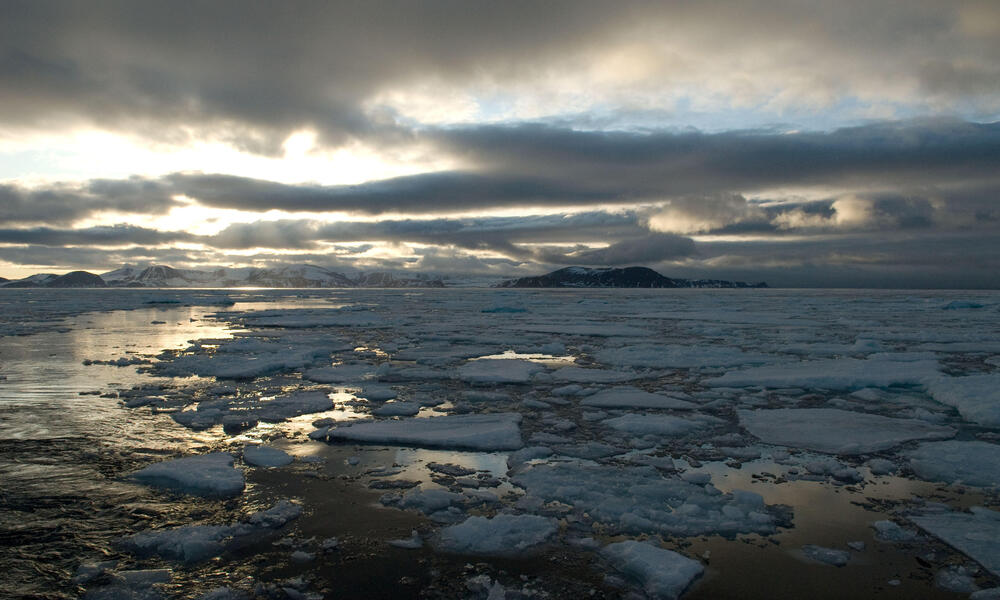Climate Change: A Looming Global Threat
Climate change, a multifaceted phenomenon encompassing long-term shifts in temperature, precipitation, and other weather patterns, has emerged as a pressing global concern. The Earth’s climate has been undergoing natural fluctuations throughout its history, but the current warming trend is unprecedented in both its magnitude and rate of occurrence. This accelerated warming is attributed primarily to human activities, particularly the burning of fossil fuels, which releases greenhouse gases into the atmosphere.
The Greenhouse Effect: A Perilous Shift

The Earth’s atmosphere acts as a protective shield, absorbing some of the sun’s energy and allowing the rest to reach the planet’s surface, where it sustains life. However, certain gases, such as carbon dioxide, methane, and nitrous oxide, trap a portion of the outgoing heat, contributing to the natural greenhouse effect. This natural warming is essential for maintaining a habitable climate.
The burning of fossil fuels, deforestation, and industrial processes have significantly elevated atmospheric greenhouse gas concentrations, intensifying the greenhouse effect. This enhanced warming is causing the Earth’s average temperature to rise, leading to a cascade of interconnected consequences.
Observed Effects and Looming Challenges

The impacts of climate change are already evident across the globe, manifesting in the form of rising sea levels, melting glaciers, more extreme weather events, shifting precipitation patterns, and disruptions to ecosystems. These changes are posing significant threats to human communities, infrastructure, and biodiversity.
Rising sea levels threaten coastal populations and ecosystems, inundating low-lying areas, amplifying storm surges, and increasing coastal erosion. Extreme weather events, such as heat waves, droughts, floods, and wildfires, are becoming more frequent and intense, causing widespread damage and displacement. Shifts in precipitation patterns are altering agricultural productivity and water availability, affecting food security and livelihoods.
The Urgency of Action

The consequences of climate change are far-reaching and irreversible, demanding urgent global action. Averting the worst impacts requires a concerted effort to reduce greenhouse gas emissions and transition to a more sustainable and equitable energy future.
Mitigation strategies involve transitioning away from fossil fuels towards renewable energy sources, such as solar, wind, and geothermal power. Improving energy efficiency, adopting sustainable transportation options, and promoting sustainable agricultural practices are also essential steps.
Adaptation measures focus on preparing for and managing the impacts of climate change that are already unavoidable. This includes strengthening infrastructure, enhancing early warning systems, developing resilient agricultural practices, and relocating vulnerable populations.
The Role of International Cooperation

Climate change is a global challenge that requires collective action and international cooperation. International agreements, such as the Paris Agreement, provide a framework for nations to set ambitious emission reduction targets and collaborate on climate action.
Transparency and accountability are crucial for ensuring effective implementation of climate commitments. International bodies, such as the Intergovernmental Panel on Climate Change (IPCC), play a vital role in providing scientific guidance and assessing progress towards global goals.
Individual and Collective Responsibility

While governments bear the primary responsibility for addressing climate change, individuals and communities also have a role to play. Reducing energy consumption, adopting sustainable lifestyles, and supporting climate-friendly businesses can make a tangible difference.
Raising awareness, engaging in informed discussions, and advocating for climate-conscious policies are crucial steps in fostering a collective response to this shared challenge.
Conclusion
Climate change is a complex and multifaceted issue with profound implications for the future of our planet and its inhabitants. The scientific consensus is clear: human activities are the primary drivers of climate change, and the consequences are already evident and will worsen without concerted action.
Averting the worst impacts demands a transformative shift towards a more sustainable and equitable global society. International cooperation, technological innovation, and individual choices are all essential ingredients for addressing this pressing challenge. By acting now, we can shape a future where human prosperity and environmental stewardship coexist in harmony.














